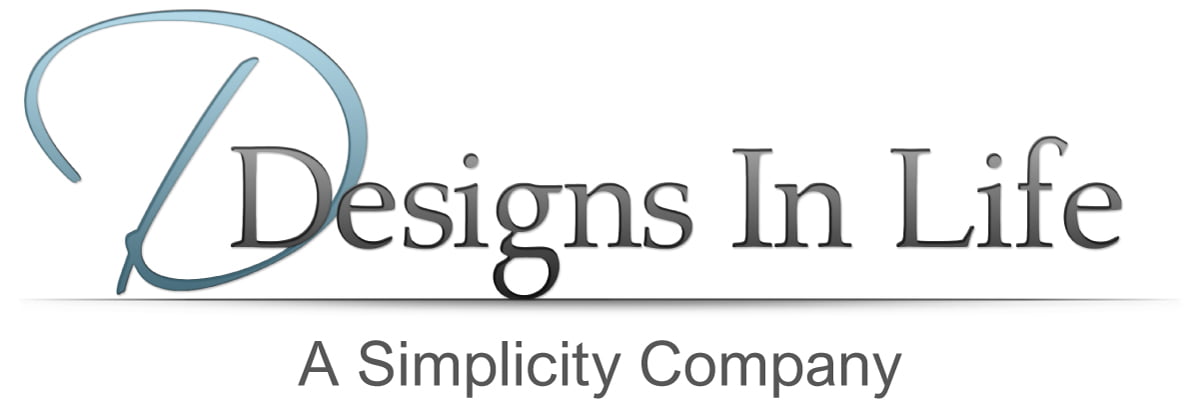DI – Changing the Discussion
Let’s get real – with ourselves as well as with our people.
- You can’t sell well what you don’t own. Buy your own DI coverage. A policy with a $3,000/mo benefit or less can be underwritten without a medical exam. Just do it. Consider it the cost of doing business. If you can’t qualify medically, boy, do you have a story!
- Short-term DI is provided in CA (“CA SDI” – few other states have such a program) for up to 365 days, capped at about $1,000/week. The lower your income, the lower the benefit. But, it’s an “opt-in” program. One has to make sure that they are coordinated with the program to get the benefit – you’re not automatically covered just because you are privileged to live in the Golden State.
- Long-term Disability (LTD) is a group plan that may be offered by an employer. If the employer is paying for it, you can bet that it is minimal coverage at best. It is not portable, nor is it subject to COBRA. If the employee is chipping in or buying up, the coverage is still likely to be capped at a low benefit and with a short-period, typically 2 years max. Employer paid DI is almost always income-taxable, too.
- Having no DI and not being able to work used to be the number one reason for mortgage default. It’s now the second greatest reason for losing a home – since 2009. It is still a huge problem.
CONCLUSION: the best income replacement policy (DI) to have is one that you personally own.
What’s your market? Working people between the ages of 20 – 40. The younger the insured, the lower the premium.
Other markets are business owners and businesses with key persons. If such individuals are not able to work for a prolonged period of time, they can cause a business to lose revenue, contracts, and/or customers. If they become permanently disabled, the business could fold and have to be sold for cents on the dollar. Business Overhead Expense DI (BOE) and Disability Buy-Out (DBO) insurance is available to avoid such situations.
Keep it simple. Tell stories of disabled people that have had – and not had – DI. Remember, people who buy a drill don’t really want a drill – they need a hole. Sell the hole, not the drill. Ask questions, define the problem, explain the concept. The sale of the “drill” should be a logical step in solving the problem. Avoid unnecessary riders. Fit the “drill” to the “hole” that is needed.
Why should you sell DI? Most people will NOT become disabled. And, of those that do, the overwhelming majority recover and go back to work within a year. But, for those that have a long-term recovery period or become permanently disabled, every day is a living death. An inforce policy that replaces 60-70% of income with an tax-free monthly paycheck can reduce stress on the disabled person, keep a home, will most likely eliminate the need for a spouse or a child to go to work, and can maintain an adequate lifestyle.
When income is a person’s greatest asset, it needs to be insured. As a financial advisor and/or licensed agent, you have an obligation to offer protection of that asset against a catastrophic accident or illness.
So, let’s get real…and, like Larry the Cable Guy says, “Gitter done!”
